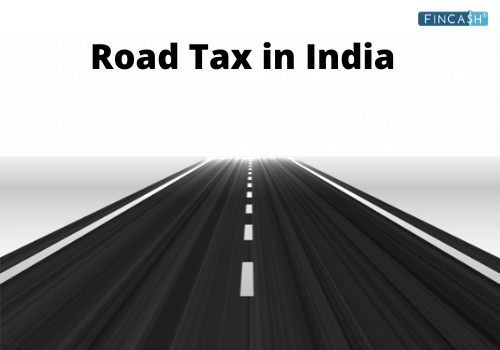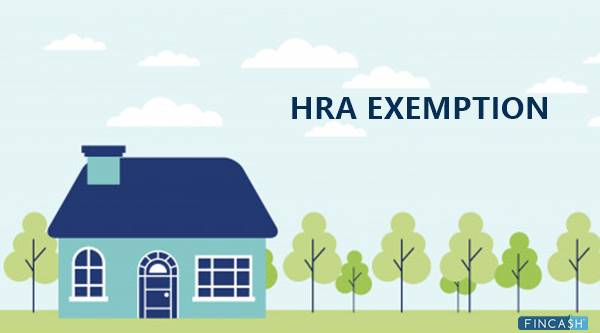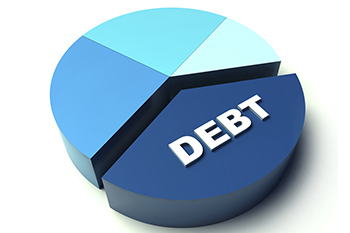Toll Tax in India 2026 – Rules, FASTag, Exemptions & Latest Updates
Did you know India collected over ₹40,907 crore in toll revenue in FY2024? With 97% of vehicles now using FASTag, toll collection in India has undergone a massive transformation in the last few years. But despite this, delays, exemptions, and upcoming GPS-based tolling continue to make toll tax one of the most debated topics for Indian travellers.

If you’re planning a road trip, daily commute, or intercity drive, understanding how toll tax works in India in 2026 is essential. This article breaks down everything — meaning, rules, exemptions, FASTag requirements, and latest government updates.
What is Toll Tax in India?
Toll Tax is the fee you pay to use national highways, expressways, and certain state roads. It is collected to recover the cost of road construction, maintenance, and infrastructure development.
- Governed by the National Highways Fee (Determination of Rates and Collection) Rules, 2008.
- Rates depend on vehicle type, distance, and road category.
- Collected at 850+ toll plazas across the country (as of 2025).
- Average passenger car toll: ₹1.10–₹1.50 per km on national highways.
Why Do We Pay Toll Tax?
Building highways and expressways costs thousands of crores. For example, the Delhi–Mumbai Expressway (1,386 km) had an estimated cost of over ₹1 lakh crore. Instead of burdening taxpayers entirely, the government uses toll charges under the Build-Operate-Transfer (BOT) model where private concessionaires recover investments via tolls.
Thus, toll tax ensures:
- Better infrastructure with world-class highways.
- Faster travel with reduced congestion.
- Revenue generation for future projects.
Key Features of Toll Tax in India
| Feature | Details |
|---|---|
| Authority | National Highways Authority of India (NHAI) under MoRTH |
| No. of Toll Plazas | 850+ |
| Collection Method | FASTag (mandatory) or cash (double fee if no FASTag) |
| Average Waiting Time Norm | Max 10 seconds per vehicle |
| Revenue FY2024 | ₹40,907 crore |
| Upcoming Change | GPS-based toll collection from 2025–26 |
Talk to our investment specialist
Toll Collection Methods
1. Manual Cash Payment
- Still available at some lanes.
- But vehicles without FASTag must pay double the fee.
2. FASTag (Mandatory Since 2021)
- RFID-based prepaid tag.
- Linked to Bank/wallet.
- Enables automatic deduction at toll plazas.
3. Upcoming GPS Tolling
- Announced by MoRTH.
- Toll to be charged based on distance travelled (per km) instead of fixed points.
Latest Toll Collection Methods in India
India has moved from manual to digital tolling:
| Collection Method | Average Waiting Time | Accuracy | Convenience |
|---|---|---|---|
| Cash Payment | 8–10 mins | Low | Low |
| FASTag (RFID) | 30–60 sec | High | High |
| GPS-based (proposed) | Zero waiting | Very High | Seamless |
Toll Tax Rules in India
Return Journey Rule
- If you return within 24 hours, you pay 1.5x the single journey fee.
- (Not 12 hours — the viral WhatsApp message claiming free return in 12 hours was false).
Waiting Time Rule
- Max waiting time: 10 seconds per vehicle.
- If queues exceed 100 metres, vehicles are allowed to pass free of cost.
Lane Management
- Dedicated FASTag lanes for seamless flow.
- Heavy vehicles must use specific lanes.
Penalty Rule
- Non-FASTag vehicles → double fee.
- Tampering or fraudulent FASTag use → penalties under Motor Vehicles Act.
Toll Plaza Infrastructure & Rules
- Each toll plaza must have adequate booths to avoid queues beyond 100m.
- NHAI monitors plaza efficiency via CCTV and real-time data.
- Service time: ideally 10 seconds per vehicle.
- Complaints can be lodged via 1033 toll-free helpline.
Who is Exempted from Toll Tax in India?
The government provides toll tax exemption mainly for dignitaries, defence, emergency, and public utility services.
1. Constitutional Dignitaries (As per Indian Motor Vehicles Rules)
- President of India
- Vice President of India
- Prime Minister of India
- Governors of all States
- Chief Justice of India
- Judges of the Supreme Court
- Union Ministers
- Chief Ministers of States
- Cabinet Ministers of States
- Speaker of Lok Sabha & Chairman of Rajya Sabha
- Members of Parliament (MPs) – with proper identification
2. Defence & Security Forces
- Vehicles of Indian Army, Navy & Air Force on duty.
- Paramilitary forces like CRPF, BSF, CISF, ITBP, SSB.
- Police vehicles on emergency duty.
3. Emergency & Public Services
- Ambulances
- Fire brigades
- Hearse vans
- National Disaster Response Force (NDRF) vehicles
4. Government & Civic Utilities
- Ministry of Road Transport & Highways vehicles
- NHAI officials’ vehicles on duty
- Municipal Corporation vehicles engaged in public services (e.g., garbage collection, water supply)
Rules & Identification for Exemption
- Exemption applies only if the person is present in the vehicle.
- Special FASTags are issued by NHAI for exempted vehicles.
- Fake or misused passes can attract penalties.
Misuse & Penalties
Many cases have been reported where people use fake VIP stickers or claim false exemption.
- Fine: Up to ₹10,000 for misuse.
- Legal Action: Seizure of vehicle or cancellation of exemption.
Why Exemptions Exist?
The idea behind toll exemptions is to:
- Provide uninterrupted movement to emergency services.
- Ensure dignitaries and defence forces do not face delays.
- Support public welfare services like ambulances and municipal duty vehicles.
FASTag in India
FASTag has revolutionised toll collection.
- Mandatory since Feb 2021 for all vehicles.
- Adoption rate: 97% as of 2025.
- Penalty: Non-FASTag vehicles pay double toll.
- Validity: No expiry if not tampered.
✅ Documents Required for FASTag Application
- Registration Certificate (RC) of Vehicle
- ID Proof: Aadhaar / PAN / Voter ID
- Filled Application Form
- Passport-size Photograph
FASTag can be purchased through banks (SBI, ICICI, HDFC, etc.), Paytm, Amazon, or NHAI centres.
Challenges with Toll Collection in India
- Congestion → despite FASTag, some plazas still experience traffic jams.
- Double Toll Penalty → causes disputes when FASTag malfunctions.
- State-Level Variation → toll charges differ widely across states.
- Future GPS Tolling → concerns about tracking, privacy, and implementation.
Latest Developments (Updates)
- GPS-based tolling pilot projects underway on select highways.
- Govt target: remove physical toll plazas by 2026.
- NHAI exploring camera-based toll deduction in urban stretches.
- Revenue expected to cross ₹50,000 crore by FY2026.
FAQs on Toll Tax in India
1. Is toll tax compulsory in India?
A: Yes, for most vehicles using national highways and expressways, unless exempt.
2. Can I travel without FASTag?
A: Yes, but you’ll pay double toll charges.
3. Is the 12-hour free return rule true?
A: No. Official rule is 24 hours = 1.5x charge.
4. How can I check toll charges for my route?
A: You can check toll rates via the NHAI website or apps like FASTag Partner Bank apps.
5. When will GPS tolling start?
A: MoRTH targets rollout by 2025–26.
Conclusion
Toll tax in India is not just a fee, but a mechanism to sustain the country’s massive road infrastructure growth. With FASTag, waiting times have reduced drastically, and with GPS-based tolling around the corner, travel could become even smoother and fairer.
All efforts have been made to ensure the information provided here is accurate. However, no guarantees are made regarding correctness of data. Please verify with scheme information document before making any investment.












